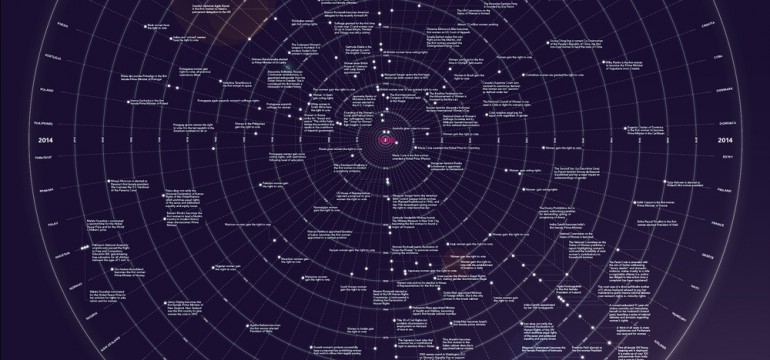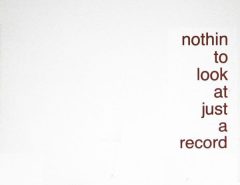More information about Feminist Media Histories
The term “soundwork” is useful to designate media forms that are primarily aural, employing the three basic elements of sonic expression—music, speech, and noise—to contribute to a lively economy of sound-based texts, practices, and institutions, ranging from radio to recorded sound to the soundtracks that accompany visual media. Women have been crucial to the development of soundwork from the beginning, as composers, performers, radio writers and producers, recording artists, music directors, sound editors, and a myriad other roles that now include the world of sound online. Women have also been active in sound industry management, in many roles hidden from public view. And as audiences – listeners, consumers of sound products, and members of listening publics – women have been essential to the economic success, cultural circulation, and social impact of sound-based media of all kinds, across more than twelve decades. The vast majority of this activity remains unexplored in media history and risks being lost to cultural memory.
This issue aims to take a feminist approach to the history of soundwork, focusing not only on women but on the power dynamics that framed both their impact on media and their presence in the historical record, as well as gendered dynamics of power that operate across sound media fields as a whole. Feminist scholarship on radio, recording, television, film and digital sound would all be welcome, especially on topics that cross media and national borders. Potential topics include, but are not limited to:— the work of female figures in sound media;
— gendered discourses of listening and sonic cultures;
— feminist approaches to sound analysis;
— women’s soundwork and the archive;
— gendered genres: sound in “women’s” films, programs, and practices;
— the women’s movement in sound
— analyses of specific texts related to women in sound
— feminist analyses of silences and absences in sound-based mediaWe are also interested in interviews, oral histories, and reprints of notable original documents.
Interested contributors should contact either guest editor directly, sending a short proposal before March 1, 2015 to either Kate Lacey at k.lacey@sussex.ac.uk or Michele Hilmes at mhilmes@wisc.edu. Articles are due April 30, for publication in the Fall 2015 issues (V. 1 #4).





Leave a Reply
Lo siento, debes estar conectado para publicar un comentario.